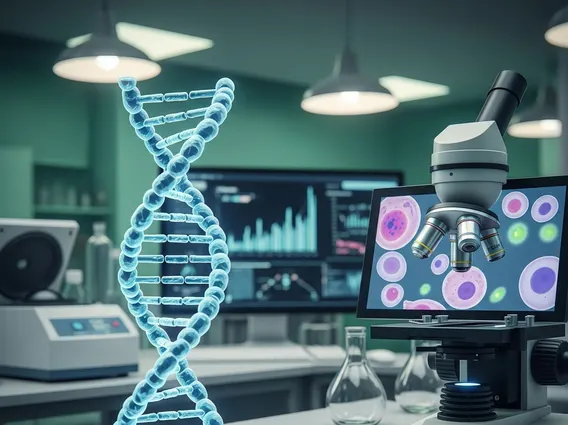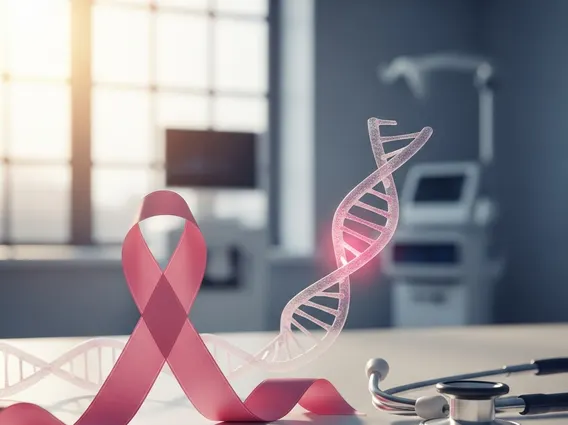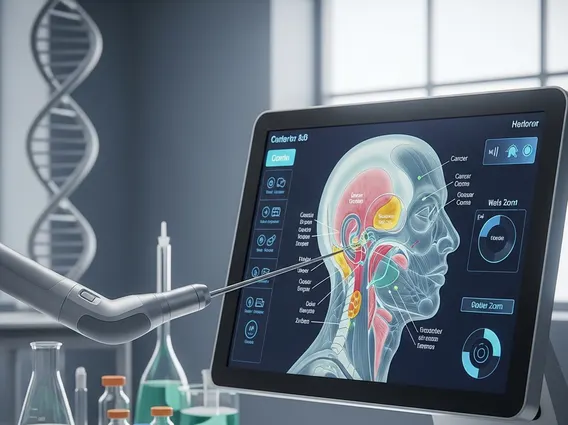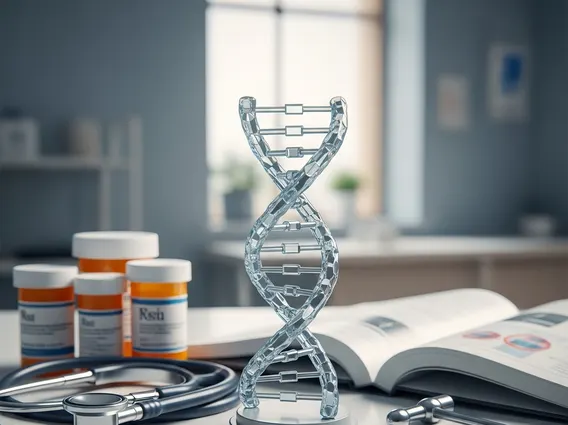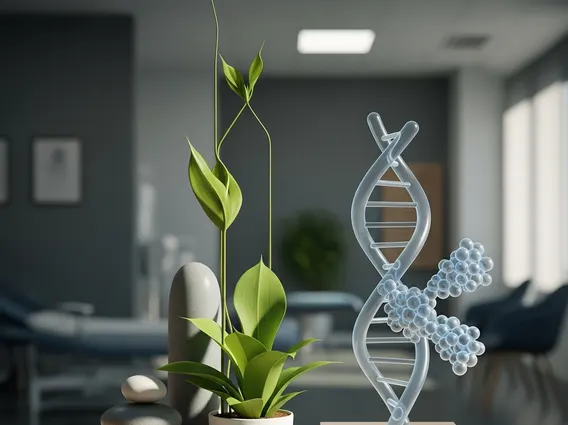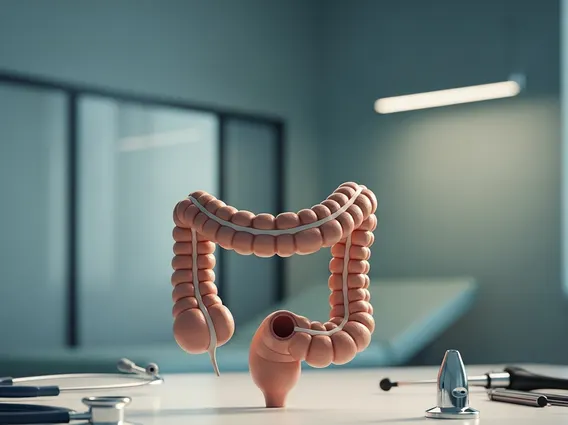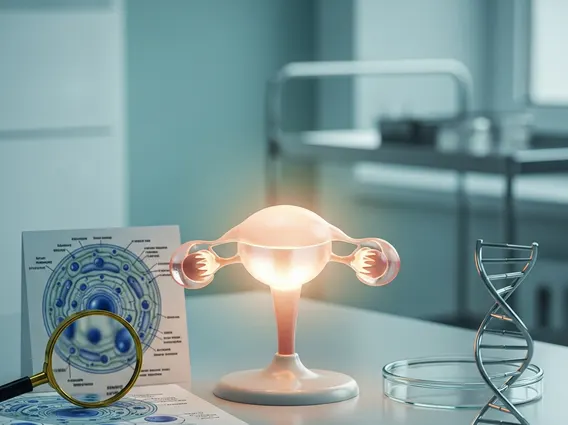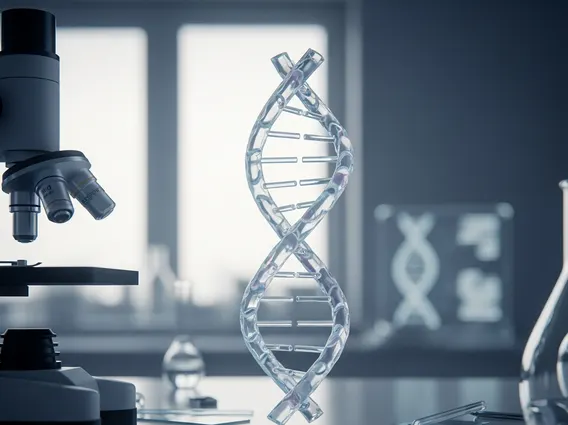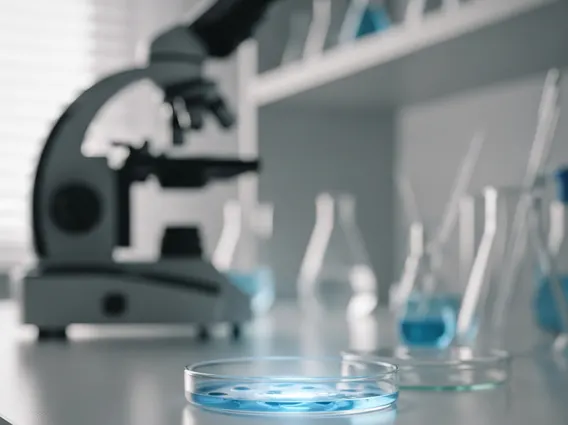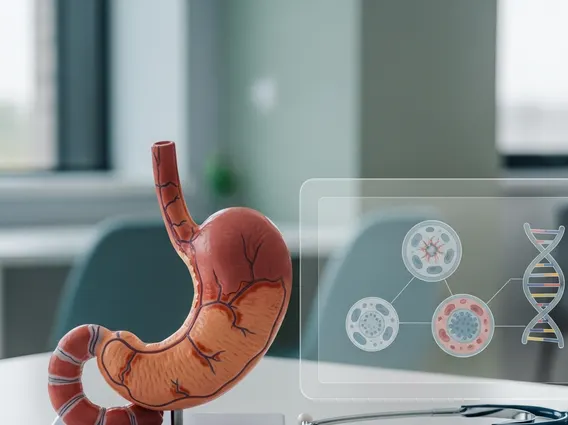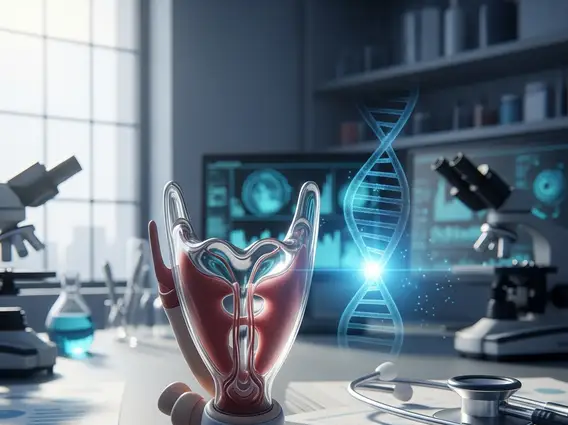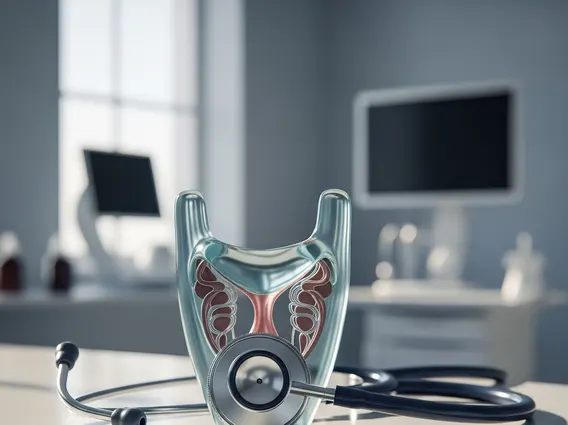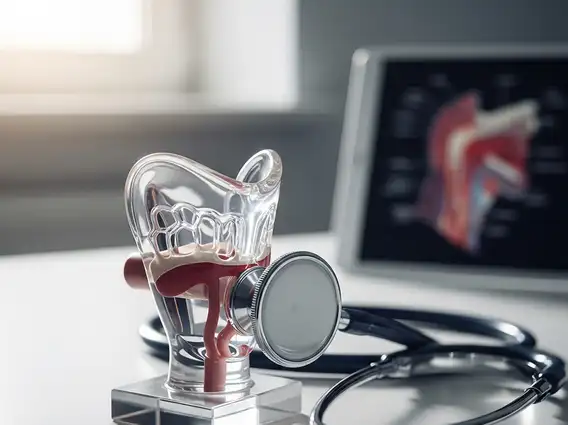Cancer clinical trials are research to improve the treatment conditions of cancer patients and to find new treatment methods. Clinical research for cancer continues, successfully, and many new treatment methods have been found in recent years.
Cancer clinical trials are a beacon of hope for many patients. Thanks to clinical trials, patients who do not respond to current therapies, may find the chance to be treated with drugs that are not available on the market. Being part of clinical trials offer a chance for a cure and contribute to a better understanding of these diseases by medical professionals. It can enable future generations to fight this disease more effectively.
What are Clinical Trials?
Clinical trials are scientific studies in which patients are also a part of the research. It covers a lot of research, such as finding new drugs for diseases, improving existing treatments, reducing symptoms and side effects, and developing vaccines. It provides a better understanding of the disease and its risk factors. The drugs developed are tested on real patients and their results are observed. All medicines currently sold in the market have passed these stages prior to FDA approval.
Phases of Clinical Trials
Clinical research consists of 3 main stages.
Clinical Trials Phase I: Phase I researches progression on a small scale. It takes place with the participation of several patients who do not respond to current treatments. At this stage, the research objectives are;
- Determining the safe dosage of the drug
- Observing the side effects of treatment
- The effects of the drug on the body
- The effect of the drug against the disease
The first stage progresses slowly in order to see the effect of the drug on human health. Usually starting with small doses, the dose is increased according to the observed effects. Side effects are observed depending on the dosage increase.
Clinical Trials Phase II: After the dosage adjustment is determined, the effects of the drug on the disease are observed. It is applied to patients with the same type of cancer or different types of cancer, to determine the effects of the drug on each disease. The main objectives of Phase 2 clinical trials are;
- Which types of cancer the drug affects
- The side effects and the control of side effects
- Setting the best dosage
Clinical Trials Phase III: At this stage, the effects of the developed drug, its comparison with existing treatments and combinations are observed;
- Which type of cancer it is more effective against
- More about side effects
- Effects of treatment on the patient’s quality of life
Why are Clinical Trials Important?
Clinical research plays an important role in helping physicians fight cancer more effectively. In addition to new treatment methods, research is carried out in all areas of cancer such as new diagnosis methods, disease-causing factors and combating side effects. All effects of the drugs on humans are observed with clinical trials. The positive and negative effects of the drugs are determined. As part of these studies, patients can provide better treatment conditions for future cancer patients.
Deciding to Join a Cancer Clinical Trial
Being part of a clinical trial is purely a personal decision. If you haven’t found an effective method of combating your disease, or if you want to support new research, you can be a part of clinical trials. Before participating in clinical trials, you are informed about the treatment to be applied, possible risks and side effects, and your personal rights. During the treatment, there is total transparency and you are constantly informed about the status of your illness. If the treatment gets worse, treatment can be stopped. You have the right to unconditionally stop treatment at any time throughout the clinical trial being conducted.
Find a Clinical Trial
With its artificial intelligence-based machine learning technology, Massive Bio finds you the most suitable clinical trial, among the thousands available, according to your location and cancer type. It also manages the clinical trial participation process you match. You can contact us to find clinical trials suitable for your disease and to get more information on how clinical trials can help you.


